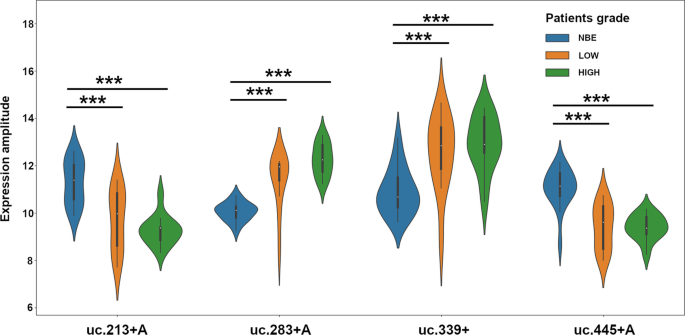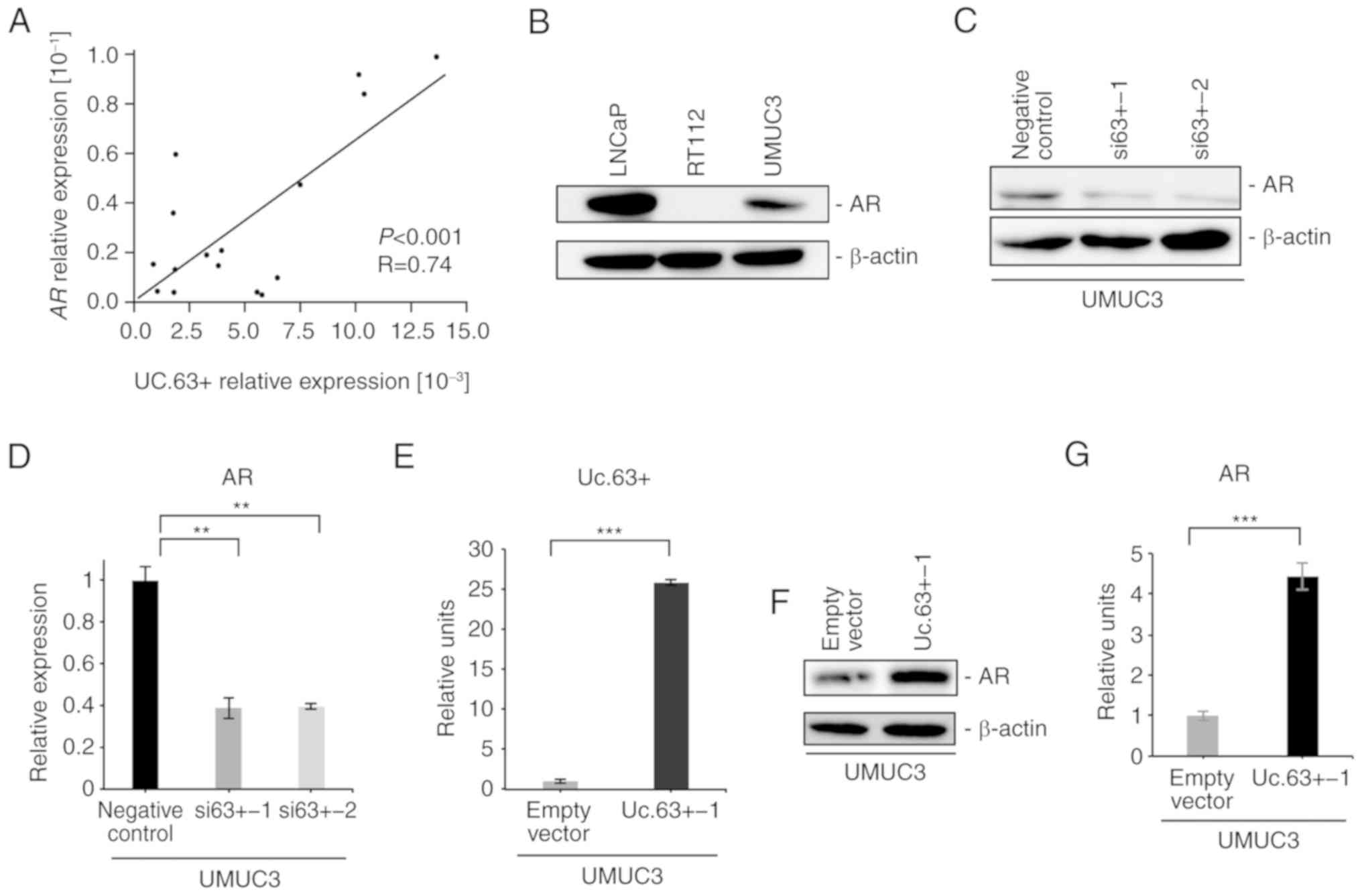Transcribed ultraconserved regions (T-UCRs) associated with cancer
$ 13.99 · 4.9 (496) · In stock

Download scientific diagram | -Transcribed ultraconserved regions (T-UCRs) associated with cancer cell processes. They mostly affect cell proliferation, migration/invasion and apoptosis in distinct tumor types. Green arrows meaning promotion and red arrows meaning suppression of the mechanisms. Created with BioRender.com from publication: Transcribed Ultraconserved Regions: New regulators in cancer signaling and potential biomarkers | The ultraconserved regions (UCRs) are 481 genomic elements, longer than 200 bp, 100% conserved in human, mouse, and rat genomes. Usually, coding regions are more conserved, but more than 80% of UCRs are either intergenic or intronic, and many of them produce long non-coding | Transcribing, Prognosis and Regulations | ResearchGate, the professional network for scientists.

The role of a new class of long noncoding RNAs transcribed from ultraconserved regions in cancer – lncRNA Blog

Long Noncoding RNA uc.173 Promotes Renewal of the Intestinal Mucosa by Inducing Degradation of MicroRNA 195 - Gastroenterology

Analysis of the circRNA and T-UCR populations identifies convergent pathways in mouse and human models of Rett syndrome - ScienceDirect

Transcribed-Ultra Conserved Regions (T-UCRs) a New Light on a Dark Matter

SciELO - Brasil - Transcribed Ultraconserved Regions: New regulators in cancer signaling and potential biomarkers Transcribed Ultraconserved Regions: New regulators in cancer signaling and potential biomarkers

A first comprehensive analysis of Transcribed Ultra Conserved Regions uncovers important regulatory functions of novel non-coding transcripts in gliomas

Transcribed-ultraconserved regions (T-UCR) profiling in an Apc

A new biomarker panel of ultraconserved long non-coding RNAs for bladder cancer prognosis by a machine learning based methodology, BMC Bioinformatics

Transcribed ultraconserved region Uc.63+ promotes resistance to cisplatin through regulation of androgen receptor signaling in bladder cancer








